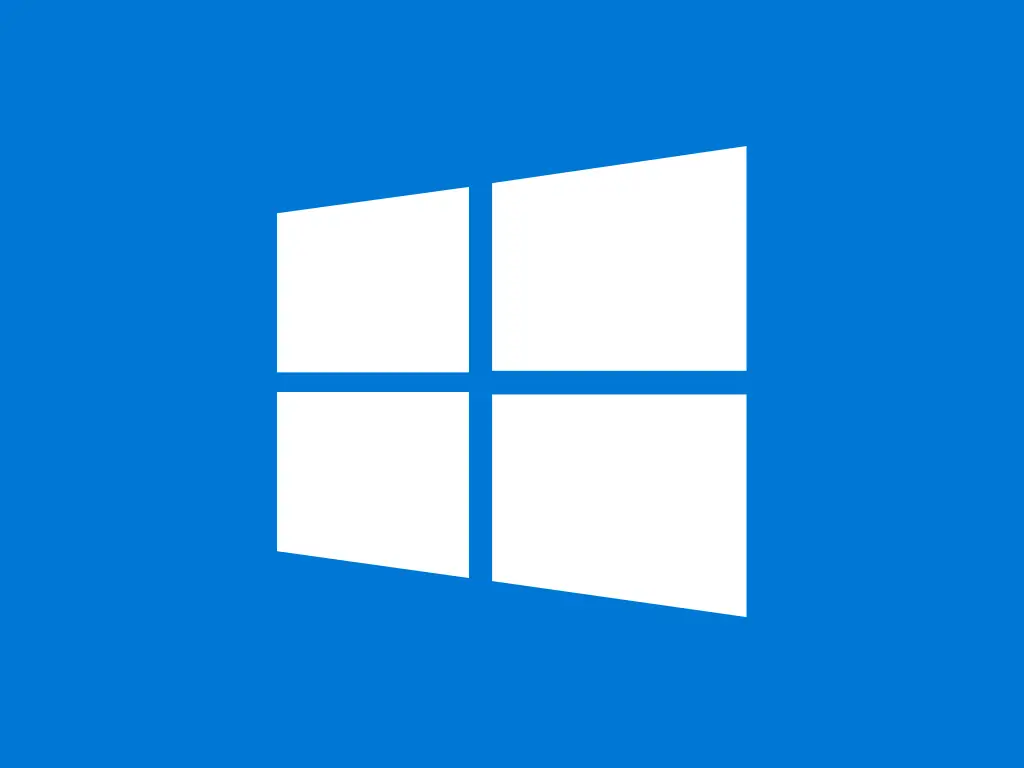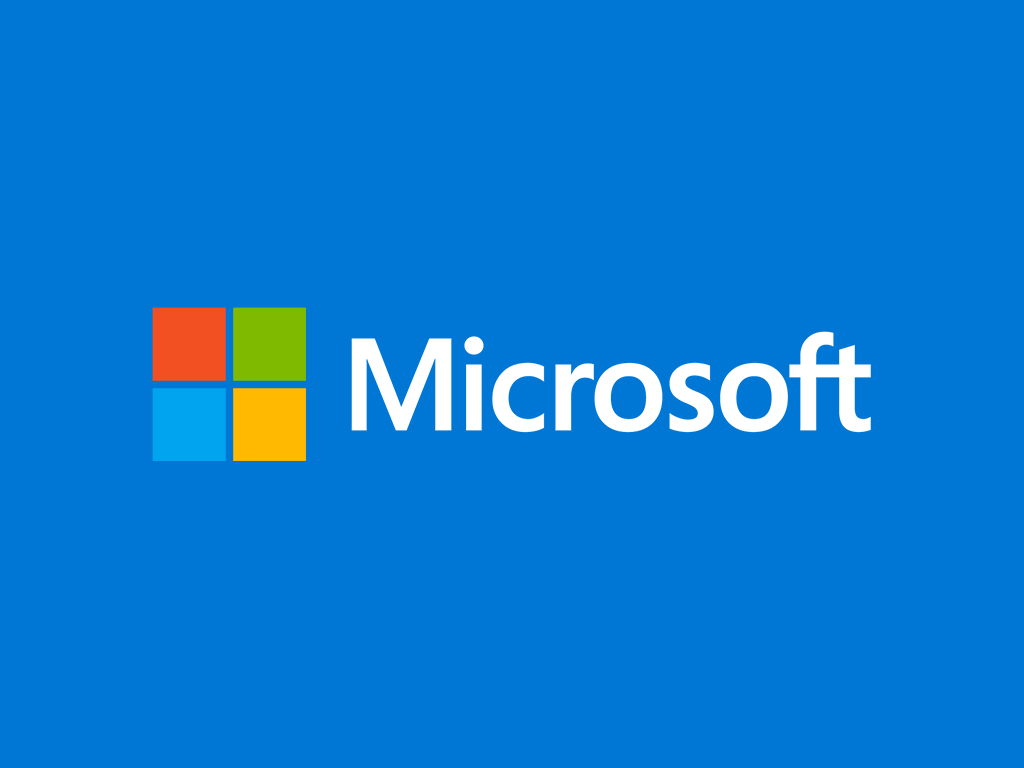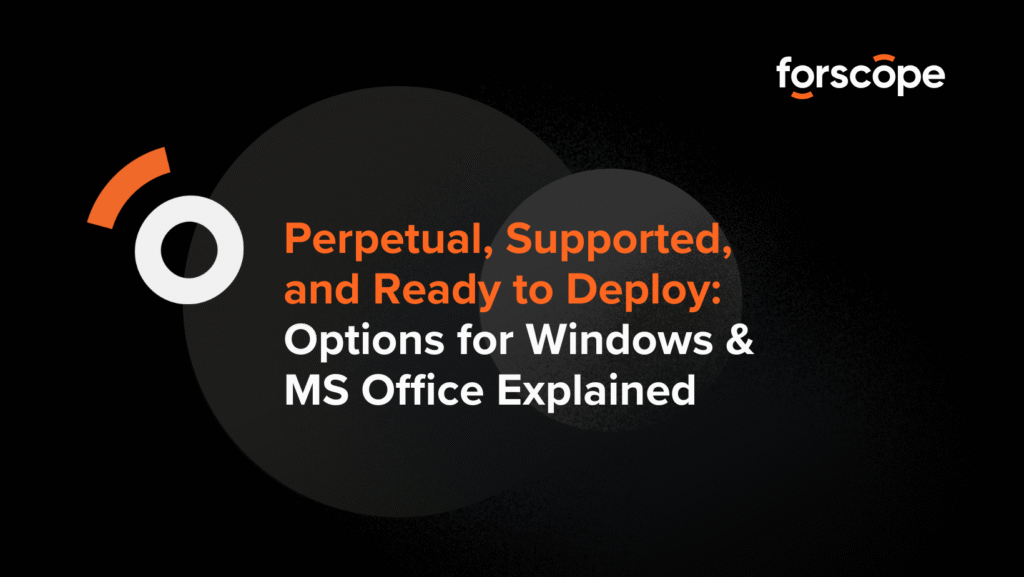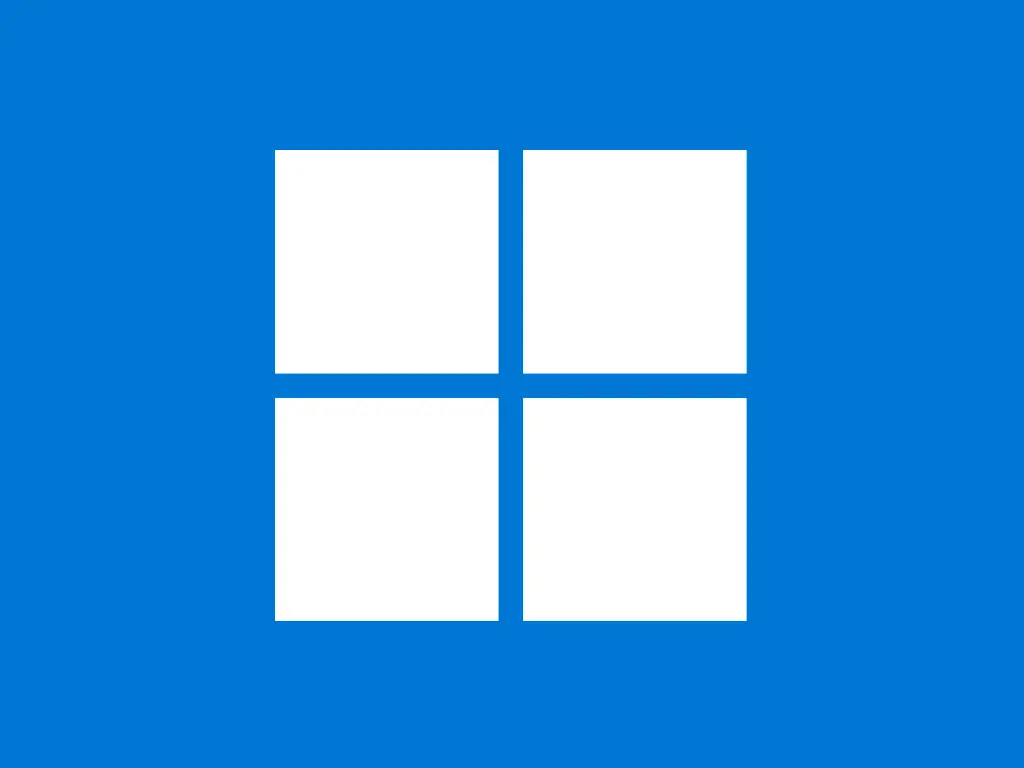
Windows Server 2019 – installation and activation
This guide is intended for the installation and activation of Windows Server 2019.

This guide is intended for the installation and activation of Windows Server 2019.

This guide is intended for the installation and activation of Windows Server 2022.

Join Mateusz Drozdowski and Filip Šuľák who explore expected product releases, the impact of potential licensing changes, new AI developments, European IT sovereignty trends, and the evolving role of IT departments in 2026.

This guide introduces VAMT, Microsoft’s activation tool for volume products, and shows how to configure it.

Learn about perpetual licenses that are still fully supported (Windows 11, Windows 10 LTSC, Office 2021/2024) and how they compare with subscription equivalents in features, licensing models, and total cost.

Virtualization has moved far beyond proof-of-concept and into the core of daily operations – it increases resource efficiency, speeds up provisioning, reduces downtime risk, and simplifies management. Whatever your infrastructure configuration is, success depends on disciplined planning.

Find out what the difference between a network domain and a workgroup is, and what RDS CALs to use for each type.

This guide demonstrates how to enable Microsoft’s free Extended Security Updates (ESU) for Windows 10.

Join our webinar and discover how Forscope can help you succeed in public procurement and turn tenders into profitable, repeatable business opportunities.

This guide explains how to fix certain RD Licensing Diagnoser errors.
Our licensing experts are ready to help you find the most
cost-effective software solutions for your business needs.
Get a personalized consultation and save on your software licenses.
We schedule a call at your convenience
We do a discovery and consulting meeting
We devise a proposal